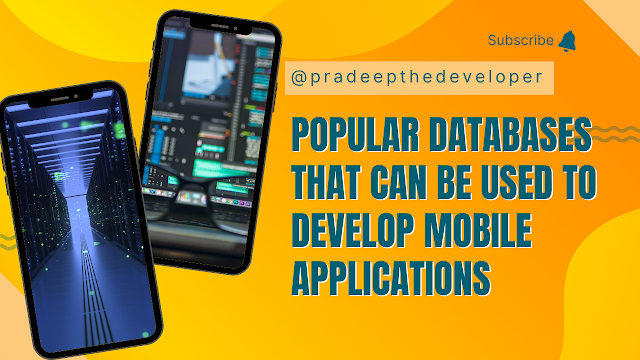The backend, also known as the server side, is part of a web application that runs on a server and is responsible for storing, processing, and retrieving data. It is part of the application that interacts with databases, performs business logic, and communicates with other systems. The backend is typically written in a server-side programming language, such as Java, Python, Ruby, or PHP, and uses frameworks and libraries to handle tasks such as routing, security, and database access.
The backend receives requests from the front end, processes them, and returns responses to the front end. The front end, or client-side, is part of the web application that runs in a user's web browser and is responsible for displaying the user interface and handling user interactions. The front end communicates with the backend through APIs, which allow the front end and back end to exchange data and information.
The backend is an essential part of a web application, as it provides the logic and data storage needed to make the application functional. It is also responsible for ensuring the security and scalability of the application, making it a critical component in modern web development.
For flutter development, there are a few popular databases that can be used, including:
- SQLite: A widely used, open-source, lightweight, and fast relational database. It is suitable for small to medium size applications and is often used for local storage.
- Firebase: A cloud-based, real-time NoSQL database provided by Google. It offers real-time synchronization, authentication, and many other features that make it ideal for rapidly developing and deploying mobile and web applications.
- MongoDB: A popular NoSQL document-oriented database. It is easy to use and offers flexible data storage, making it ideal for applications that need to store large amounts of unstructured data.
Ultimately, the choice of the database will depend on the specific requirements of your flutter application, including the size and complexity of your data, the scalability needs, and the need for real-time synchronization.
SQLite
SQLite is a software library that implements a self-contained, serverless, zero-configuration, transactional SQL database engine. It is a popular choice for embedded systems and applications that need an efficient, lightweight, and reliable way to store and manage data. SQLite is also widely used as a file-based database, which can be integrated into applications without the need for a separate server.
SQLite supports a subset of the SQL standard and provides features such as transactional ACID (Atomicity, Consistency, Isolation, Durability) compliance, advanced indexing, and full-text search capabilities. It is fast, compact, and requires minimal setup, making it a great choice for many small- to medium-sized applications and for use in environments with limited resources.
Firebase
Firebase is a Backend-as-a-Service (BaaS) platform provided by Google. It offers a suite of services and tools that allow developers to build and scale mobile and web applications quickly and easily. Firebase provides features such as real-time databases, user authentication, file storage, and serverless functions, making it an all-in-one solution for many common backend needs.
One of Firebase's main strengths is its real-time database, which enables data synchronization across all connected clients in real time. This makes it easy to build collaborative and responsive applications, such as chat apps and multiplayer games. Firebase also provides a comprehensive suite of authentication tools, making it easy to secure your application and manage user accounts. Additionally, Firebase offers deep integration with other Google services, including Google Analytics and the Google Cloud Platform, making it a powerful and flexible platform for building scalable and powerful applications.
MongoDB
MongoDB is a free and open-source NoSQL document-oriented database management system. Unlike traditional relational databases, MongoDB stores data in flexible, JSON-like documents, making it easier to work with complex and unstructured data. It uses a dynamic schema, which allows for changes to the data model without having to alter the entire database. MongoDB is designed for high performance and scalability, making it suitable for modern, large-scale web applications. Additionally, it provides features such as built-in aggregation, indexing, and caching, as well as support for transactions, making it a popular choice for many developers.

